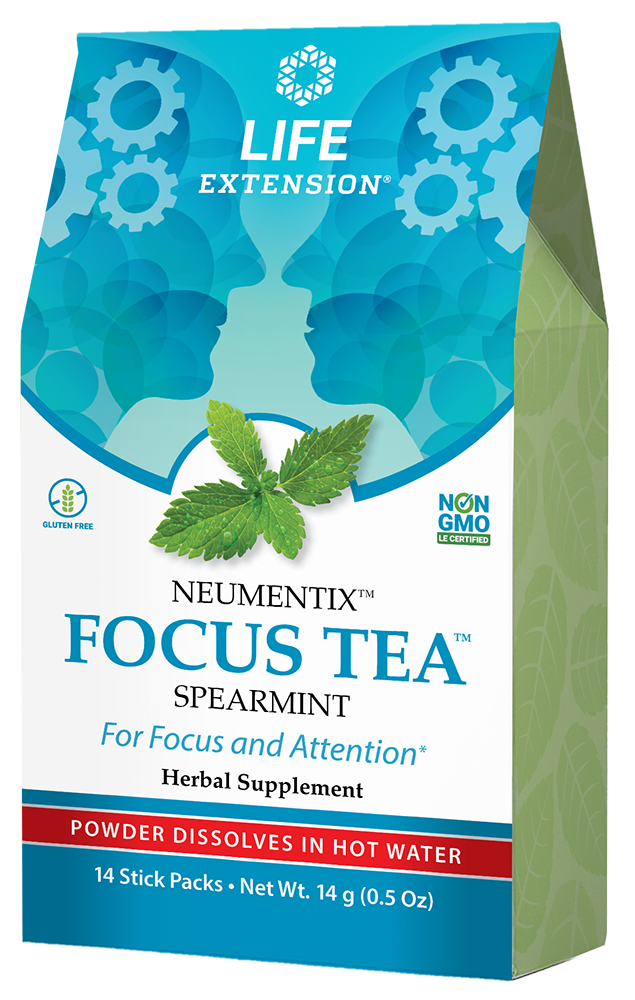
Newsletter
Newsletter
Meta-analysis associates vitamin D supplementation with improved glycemic control, HDL, CRP



April 23, 2019
An article appearing on March 8, 2019, in Current Pharmaceutical Design reported findings from a meta-analysis of eight trials that found associations between vitamin D supplementation and improvement in glycemic control, inflammation and HDL cholesterol among those who received vitamin D supplements.
“Insulin resistance, dyslipidemia and chronic inflammation are important risk factors for cardiovascular disease (CVD),” wrote authors V. Ostadmohammadi and colleagues. “Hence, vitamin D supplementation might be an appropriate approach to decrease the complications of CVD.”
The researchers selected eight trials that included a total of 630 participants with cardiovascular disease for their analysis. Trials evaluated the effects of vitamin D supplementation on glycemic control, lipid profile and inflammation as indicated by levels of high sensitivity C-reactive protein (hs-CRP). Trial duration ranged from eight weeks to nine months.
A significant reduction in fasting plasma glucose and insulin concentrations as well as insulin resistance was revealed in association with vitamin D supplementation. In addition, insulin sensitivity and high-density lipoprotein (HDL) cholesterol improved in association with vitamin D. Furthermore, vitamin D was associated with a significant reduction in CRP, indicating lowered inflammation.
In their discussion, the authors observed that vitamin D helps protect against diabetes-related complications via antioxidant, anti-inflammatory and immunomodulatory effects, in addition to helping normalize the expression of proinflammatory markers involved in insulin resistance.
“To our best knowledge, this is the first meta-analysis of randomized controlled trials assessing the effect of vitamin D supplementation on glucose homeostasis parameters in patients with metabolic syndrome and related disorders,” the authors announced.
“This meta-analysis demonstrated some beneficial effects of vitamin D supplementation on improving glycemic control, HDL cholesterol and CRP levels among patients with cardiovascular disease,” they concluded.
References
1. American Academy of Dermatology. 2010 Dec 22. Position Statement on Vitamin D.
Click Here
2. Office of Food Safety in the Center for Food Safety and Applied Nutrition. U.S. Food and Drug Administration. 2009 May.
Click Here
So many supplements … it's easy to get confused. No worries — the Heart Health Guide will help you choose the products that are right for you.
With your answers to a few simple questions, we will help you choose the heart health supplements for you.
Find Your Supplements
 |
|
|||||||||||||||||
|
||||||||||||||||||
 |
|
|||||||||||||||||
|
||||||||||||||||||
How Life Extension lab testing works
Connecting to Agent...
Who would you like to talk to?
Chat Hours:
Visit Contact Us or Call us:
7 days a week | 24 hours
Mon - Fri | 7:30 AM - 12 AM (ET)
Sat & Sun | 9 AM - 12 AM (ET)
How was your experience with our Agent?